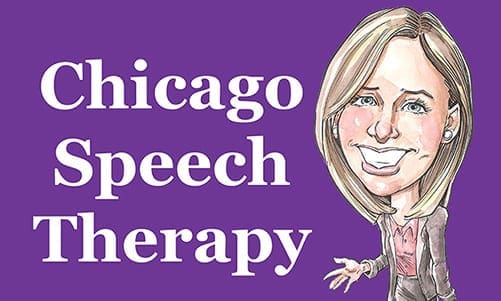Stuttering is quite common throughout the world; it is estimated that at least 1% of the entire population suffers from this speech disorder. This common disorder is something that can practically hinder a person’s progress in various situations, as well as emotionally cause a discomfort with public speaking or social situations.
Communication is something we perform daily, and when the message cannot be communicated fluidly, it can be incredibly frustrating. The known cause of stuttering is not absolute; some point to genetics, while others claim it to be triggered through environmental stimuli or specific situations. Regardless of its origin, stuttering can often be eliminated with speech therapy.
Stuttering in The King’s Speech
With the success of The King’s Speech, the 2010 film has brought to light the struggles and successes endured by those who stutter. Shame and embarrassment are tied to this speech disorder. Many children who suffer from stuttering tend to become withdrawn and shy, avoiding communication, and thereby affecting them negatively in a number of different ways. Many people diagnose stutterers as stupid, or mentally inept. The stigma thrust onto them can force them into other self-esteem issues and set them at an unfair disadvantage for the rest of their lives. As displayed in the film, King George VI of Britain was an incredibly fit ruler, who just needed speech therapy. Had he been able to receive this therapy in his childhood, much of his embarrassment would have been evaded.
Therapy Techniques to Help with Stuttering
Different techniques can help to reduce or eliminate stuttering. One technique involves emotional therapy, which prepares the person for trouble sounds or words and coaches him or her through the feelings they experience when stuttering. If the person can change the way the stuttering makes him or her feel, the pressure and fear of speaking fluently is often reduced. Another technique is coaching the individual to pronounce words, sounds, and syllables that are broken down for simplicity. It’s almost like re-training the mind and mouth to form pitch, tone, pace and words. Finally there is an aid available similar to the look of a hearing aid, only instead of amplifying sound, it slows it down and changes the tone. This choral sensation allows the speaker to feel as though he or she is speaking with someone or a group of people, even though it is just his or her own voice being altered.
These therapies should be evaluated and performed by a speech-language pathologist. New, more effective ways to treat stuttering are emerging on a regular basis, and a trained specialist would be able to point you towards the best resources for helping with this speech issue.


